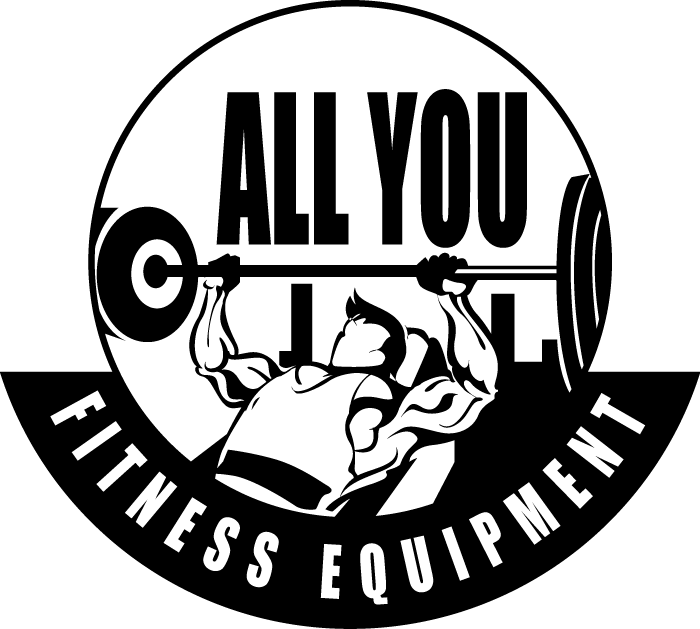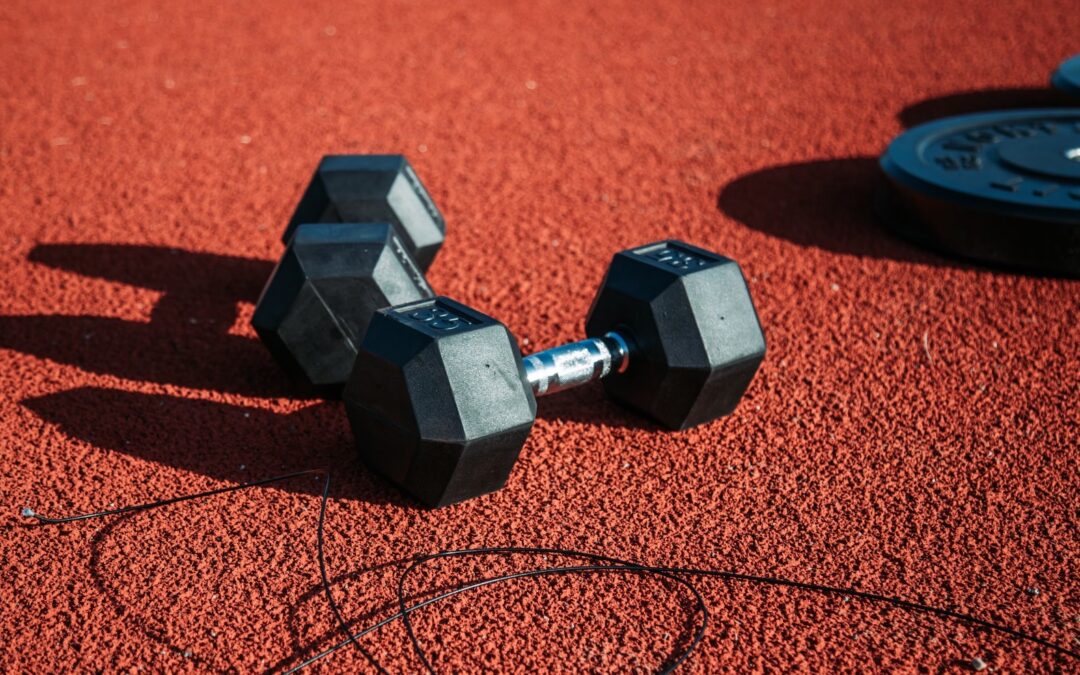The quest for a fit and healthy lifestyle often leads many to set up their home gyms. As budget-friendly solutions beckon, the market for used fitness equipment has grown exponentially. Yet, with various purchasing options available, the dilemma often revolves around choosing between certified dealers and private sellers. In this piece, we’ll delve deep into the pros and cons of both, arming you with information to make an informed decision.
Certified Dealers: The Professional Touch
- Warranty and Guarantee:
Unlike private sellers, certified dealers often provide warranties or guarantees, ensuring you get value for your money and assurance in case of malfunction. - Equipment Inspection and Maintenance:
Most certified dealers have in-house technicians. Before selling, the equipment undergoes thorough checks, ensuring it’s in top working condition. - Variety in One Place:
Dealers typically have an array of equipment, giving you the advantage of comparing different brands and models under one roof. - Trade-In Options:
Some dealers offer trade-in programs, allowing you to exchange older equipment for newer models, with a price adjustment. - Authenticity and Transparency:
Dealers often provide the equipment’s history, usage hours, and any prior issues. Such transparency is pivotal in determining the equipment’s longevity.
Private Sellers: The Personal Touch
- Negotiation Leeway:
Purchasing directly from a user often gives more room for price negotiations. You might land a better deal than in a dealership. - Direct User Experience:
The previous owner can provide firsthand experience and insights about the equipment’s performance, quirks, and maintenance needs. - Fewer Overheads:
Without the overhead costs that dealers have, private sellers often list their equipment at lower prices. - Unique Finds:
Sometimes, private sellers offer unique or discontinued items that might not be available with dealers. - Personalized Selling Experience:
Unlike the often impersonal nature of business transactions, dealing with a private seller can be more personable and flexible.
Factors to Consider:
- Your Experience Level:
If you’re a fitness aficionado with a good understanding of equipment, buying from a private seller might suit you. However, novices might benefit from the professional guidance dealers provide. - Equipment Lifespan:
High-end equipment built to last can be a safer bet when purchased from a private seller. For machines with shorter lifespans, the warranty from dealers might be more appealing. - Immediate Needs vs. Long-term Goals:
If you’re looking for a temporary solution or testing a new workout regime, private sellers might be ideal. For long-term home gym setups, considering the professional touch of dealers could be beneficial.
Conclusion:
The route you choose in your pursuit of used fitness equipment—be it the professional realm of certified dealers or the personal touch of private sellers—should align with your needs, budget, and fitness goals. By weighing the merits and potential pitfalls of both, you ensure your investment not only enhances your fitness journey but also stands the test of time. Whatever your choice, remember that the key lies in diligent research and, when possible, testing the equipment before the purchase. Happy fitness hunting!

